CRISPR-Based Tool Maps Gene Function in Human Cells
UCSF scientists have used a high-throughput CRISPR-based technique to rapidly map the functions of nearly 500 genes in human cells, many of them never before studied in detail.
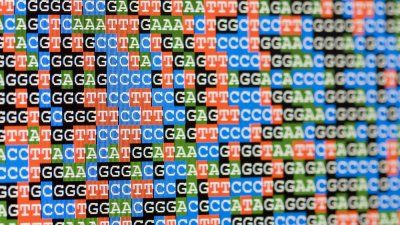
University of California San Francisco
Give to UCSFUCSF scientists have used a high-throughput CRISPR-based technique to rapidly map the functions of nearly 500 genes in human cells, many of them never before studied in detail.

A comprehensive genetic analysis of metastatic prostate cancer has, for the first time, revealed a number of major ways in which abnormal alterations of the genome propel this aggressive form of the disease.

Although CRISPR has made headlines as a powerful system for editing genes, it actually evolved as way for bacteria to defend themselves against infection by viruses.
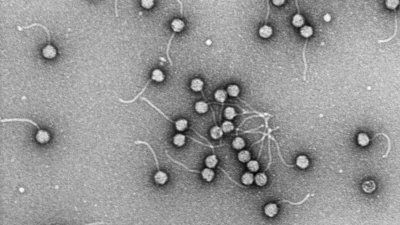
UCSF researchers discovered fully formed gut and skin cells in the thymus, the organ responsible for training the T cells of the immune system not to attack the body’s own tissues.

School of Medicine Dean Talmadge E. King, Jr. announced the appointment of Bruce Ovbiagele as the new Associate Dean of the San Francisco VA Healthcare System.
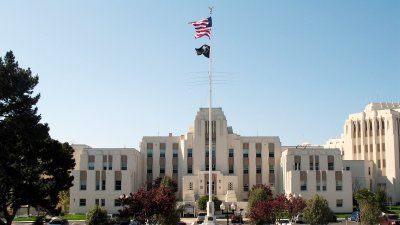
Dignity Health and UCSF Health are collaborating to develop a state-of-the-art digital engagement platform that will provide information and access to patients when and where they need it.

About 250 UCSF staff, faculty, students and supporters came out on a cold and foggy morning in Golden Gate Park to raise funds in the annual AIDS Walk San Francisco event.

School of Medicine Dean Talmadge E. King Jr. announced the appointment of Kelley Meade as the new Interim Associate Dean of Clinical and Academic Affairs at UCSF Benioff Children’s Hospital Oakland,
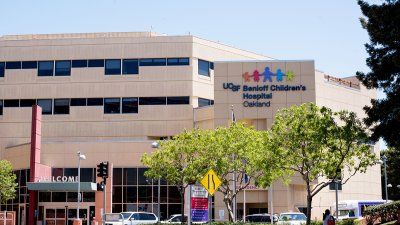
Follow-up imaging for women with non-metastatic breast cancer varies widely across the country, according to a new study led by researchers at UCSF.

Study shows that a simplified intervention building on the hypertension treatment algorithm used in KP’s PHASE program can significantly improve rates of blood pressure control in the city’s safety net clinics.

In an achievement that has significant implications for research, medicine, and industry, UCSF scientists have genetically reprogrammed human immune cells without using viruses to insert DNA

UCSF School of Medicine is establishing a ‘branch campus’ at UCSF Fresno to lead a training program preparing students to address health needs of the region's diverse and underserved populations.
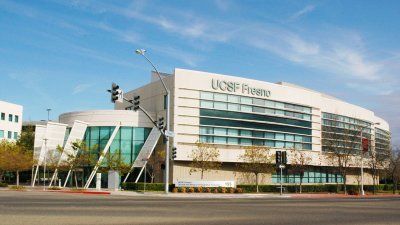
An examination of how the adoption of EHRs affected the quality of hospital care between 2008 and 2013 found that mortality rates fell as hospitals learned how to work with the technology.
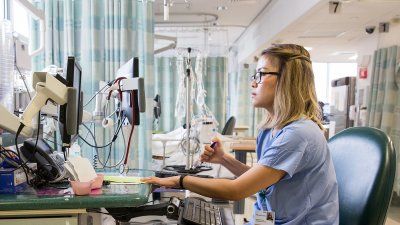
Study of prostate cancer in 202 men, whose cancers had spread and were resistant to standard treatment, found that about 17 percent of these cancers belong to a deadlier subtype of metastatic prostate cancer.

UCSF researchers have identified the sequence of genetic changes that transform benign moles to into malignant skin cancer.

With a planning process underway to re-envision Parnassus Heights and a new hospital on the horizon, change to the spaces that support our learning, teaching, patient care, and research is going to be part of the UCSF experience for many years to come. A new leader is set to join UCSF in August to help manage these changes.

Margot Kushel has been announced as the new director of the UCSF Center for Vulnerable Populations at Zuckerberg San Francisco General and Trauma Center.
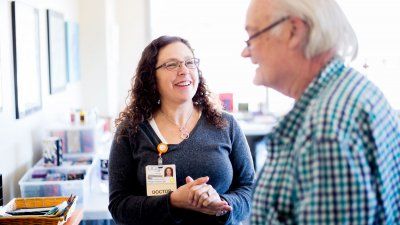
The already famous CRISPR system allows scientists to edit faulty genes by cutting and replacing sections of DNA, but new and improved CRISPR techniques developed at UCSF have expanded CRISPR’s scalpel into a Swiss Army knife.

Experiments using parasitic worms in the mouse gut have revealed a surprising new form of wound repair, a finding that could help scientists develop ways to enhance the body’s natural healing abilities.

Sun exposure can boost your mood, but it can also significantly boost your risk of skin cancer. Sarah Arron dispels myths around UV rays and gives you her best advice on skin protection.

For the first time, a drug derived from marijuana has been approved by the Food and Drug Administration, and it may soon offer relief to children with hard-to-treat seizures.

UCSF research team found that having less REM sleep – the sleep that includes more dreaming – was linked to higher chances of developing AF.
